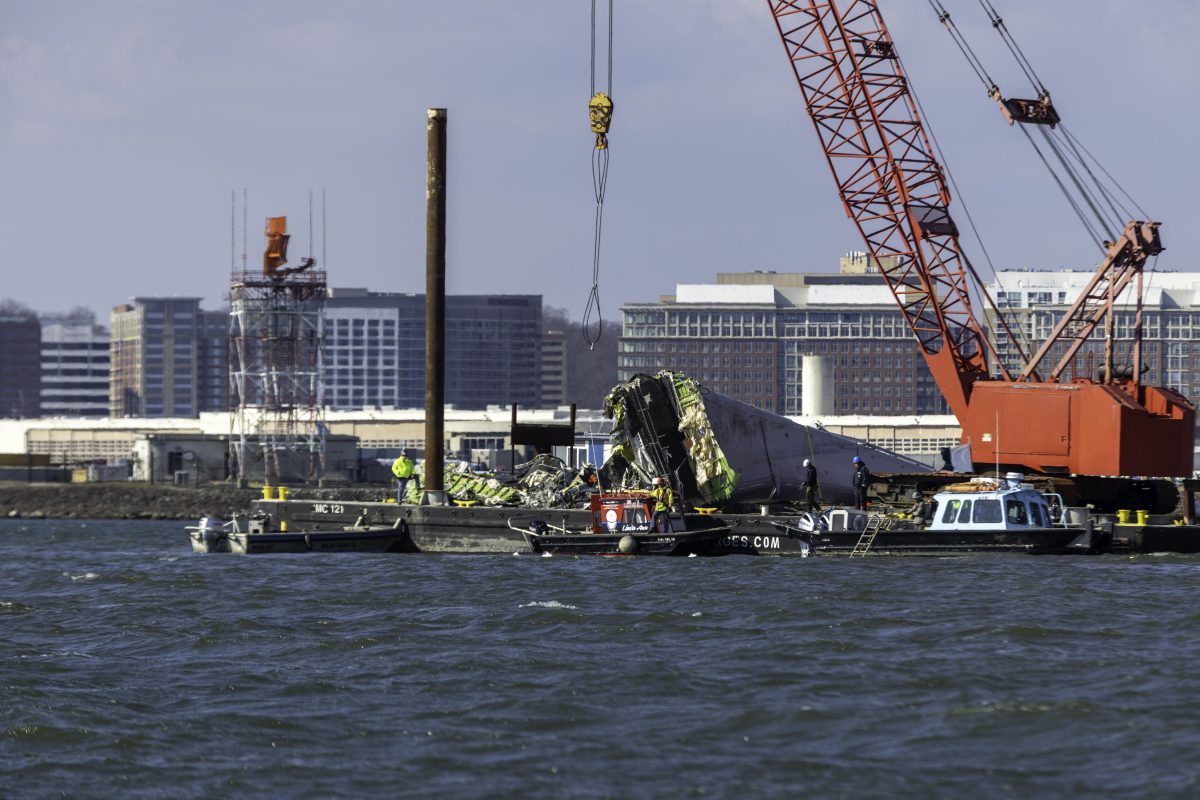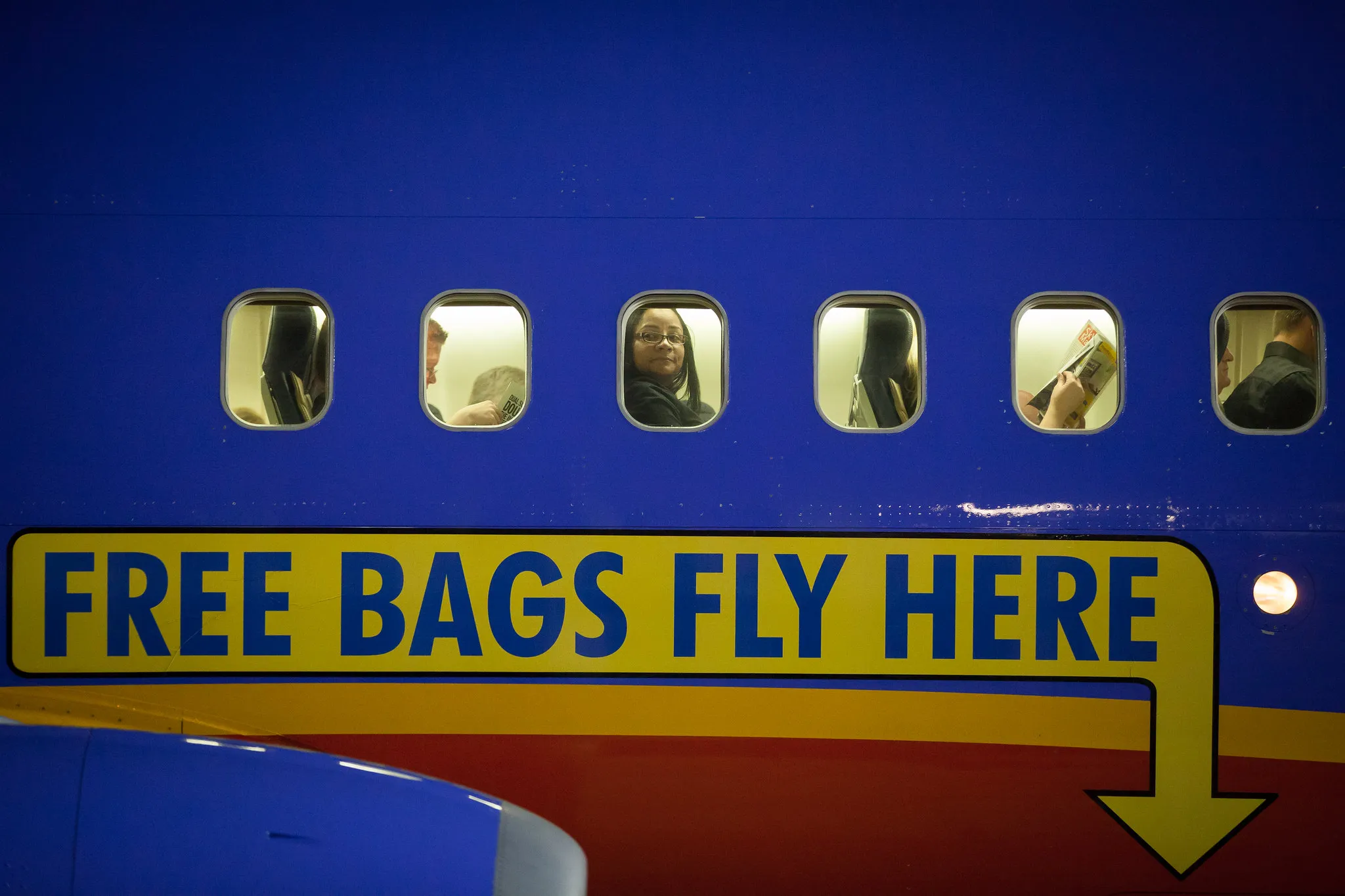American Airlines CEO: It's Not the Same Old Airline Business Anymore

Skift Take
American Airlines Group CEO Doug Parker, who helped cap the recent wave of airline consolidation by choreographing the US Airways and American Airlines merger in 2013, argues that it's not "the same old airline business anymore" and that will be proven during the next downturn.
During American Airlines Group's first quarter earnings call April 24, Helane Becker, a Cowen and Co. analyst, asked Parker about his decision to take his compensation all in stock and then challenged his answer that it is not the "same old airline business" that has been prone to elongated periods in the red.
Becker said it is hard to believe things have changed when airlines talk about "competitive capacity growth" and throw capacity into markets where that capacity isn't needed.
In his reply to Becker and another analyst later, Parker cited the following reasons that the next down cycle will be different for airlines:
- The rates of capacity growth today aren't wildly overzealous like they have been in the past and the level of imbalance between supply and demand are less worrisome;
- The peaks are higher now and the troughs will likewise be higher;
- The level of earnings is greater; and
- The volatility is less dramatic.
Parker's Narrative on the New Reality
Becker first asked Parker why he decided to forego getting his pay in cash and equity in favor of equity only, and he replied that he wants his compensation method to be "highly aligned" with shareholders.
“I think it is one more piece of evidence that it is really different this time," Parker said. "Investors keep asking, 'is it really different this time? You’ve said in the past that everytime you get profitable this is going to be a time that you remain profitable.' I wouldn’t be doing this if I thought it was just the same old airline business because it’s not."
"I don’t think any executive over the last 15 to 20 years would have been willing to take all their compensation in equity because we knew the equity had enormous risks. I’m not suggesting there is not still risk in airline stocks. We are really bullish on what the outlook is for years to come. I am more than happy to be compensated the same way you [stockholders] are.”
Peaks and Troughs
When Becker seemed skeptical, Parker said:
“It’s not the same. It’s nothing like what we saw in the past when airlines got a whiff of profitability and used that to say if I could be profitable with 100 airplanes just think how profitable I could be with 150. We can all look and say supply is growing faster than demand. In come cases it is. But the rates of growth we are talking about are nothing like we saw in the past.
"Where the growth comes from is nothing like we saw in the past. People aren’t look to start up new hubs in different parts of the country. People are growing out of their strengths into markets that may be in excess of the near-term demand. But it’s nothing like we saw in the past, Helane, where you just saw these wild changes in year-over-year profitability.
"We will find out when we get to the next down cycle. But I’m really confident of what we’ll see is, yeah, it is still a cyclical business but the peaks are much, much higher than they were and therefore the troughs are going to be much much higher. And I think the swings are going to be much less.”
We'll Prove It
Parker later backtracked from his statement that "we will find out when we get to the next down cycle," saying he's confident that his stance on the way things have changed will be proven in the next recession.
“The level of earnings is much higher than it’s been in the past," Parker said. "I don’t think this is peak. The peaks are certainly higher. The volatility is less. And the things that we worry about are much less dramatic than the kinds of things we worried about in the past in terms of supply versus demand growth.“
Parker didn't specifically mention how airline consolidation and lower fuel prices have been key factors in boosting earnings and reducing volatility, although he certainly would agree those are contributing factors.
His views are all theory and we will indeed see if Parker is correct when the next downturn or crisis arrives.






